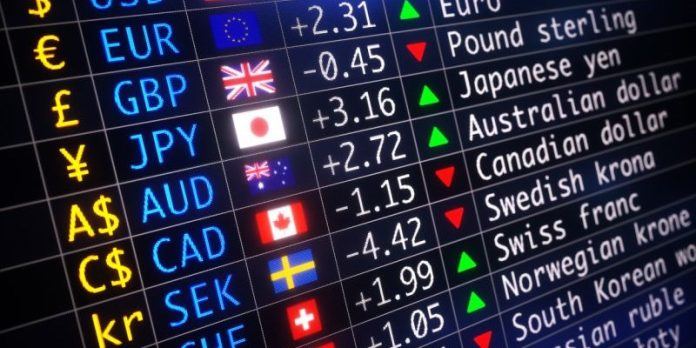Embark on an Enchanting Journey through India

Image: en.trend.az
As you step onto the vibrant soil of India, prepare to be captivated by a symphony of colors, sounds, and traditions. From the bustling streets of Mumbai to the serene backwaters of Kerala, India offers an unparalleled experience for every traveler. However, amid the excitement, it’s essential to ensure you can navigate the intricacies of currency exchange effortlessly. This comprehensive guide will equip you with the knowledge and tools necessary to convert your foreign exchange into Indian rupees (INR) confidently.
Understanding the Indian Currency Market
India operates a closed currency system, meaning its currency is not freely convertible outside the country. Foreign tourists are permitted to exchange their currency only through authorized money changers or banks. The Reserve Bank of India (RBI) regulates these exchanges to maintain stability and prevent illicit financial activities.
Authorized Currency Exchangers: Your Reliable Partners
Reputable currency exchangers are widely available across India’s airports, major cities, and tourist destinations. They typically offer competitive exchange rates and provide quick and efficient service. However, it’s always advisable to compare rates from multiple exchangers before finalizing your transaction.
Banks: A Safe and Secure Option
Banks are another reliable source for currency exchange. They often offer slightly lower rates compared to private exchangers but ensure greater security and peace of mind. Moreover, banks can facilitate larger transactions and provide additional services like traveler’s checks and money transfers.
Essential Documents for Currency Exchange
To exchange currency in India, you will need to present your passport and visa (if applicable). Some exchangers or banks may also request additional identification documents, such as a driving license or PAN card. It’s imperative to carry these documents with you at all times during your stay in India.
Avoiding Common Pitfalls
- Street Hawkers: Avoid exchanging currency from street hawkers, as they may engage in illegal activities or offer unfavorable rates.
- Personal Exchange: It is illegal to exchange currency with individuals outside authorized establishments.
- High Denomination Notes: Large denomination notes (INR 500 and INR 2000) may not be accepted everywhere. It’s advisable to have smaller denominations for everyday transactions.
- Hidden Charges: Beware of currency exchangers or banks that charge hidden fees or offer misleading rates.
Embrace India’s Hospitality with Confidence
By adhering to these guidelines, you can convert your foreign exchange into INR seamlessly and securely. India welcomes you with open arms, ready to share its rich heritage and vibrant culture. As you traverse this extraordinary land, let the vibrant colors of its traditions paint your memories forever.

Image: forexrobotpresentation.blogspot.com
Converting Forex Into Inr By Foreign Tourists






